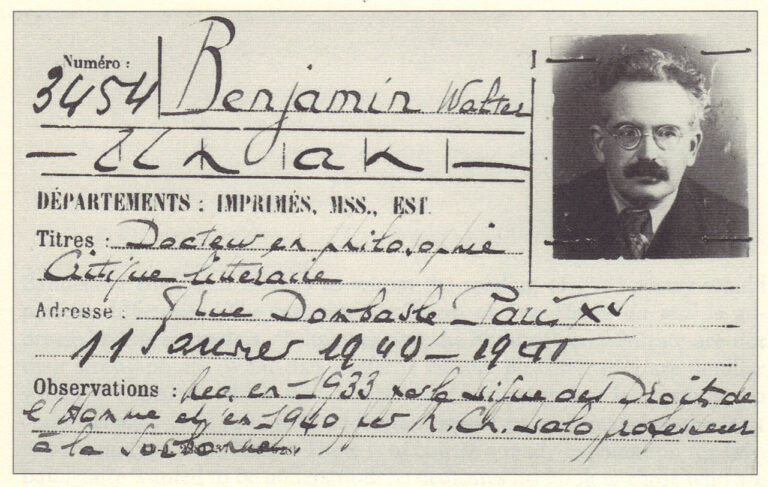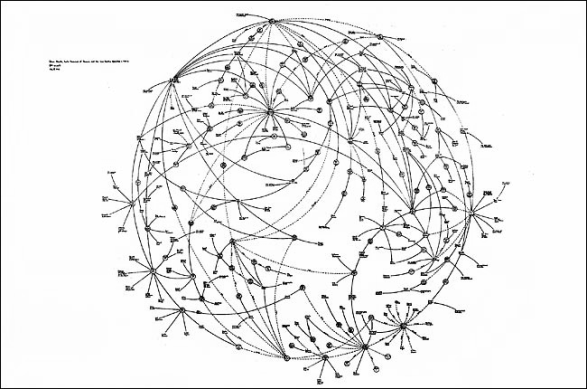Walter Benjamin is now a common reference point within cultural studies. But while a considerable secondary literature has emerged around his work, efforts to build upon his contributions by operationalizing the method they elaborate have remained relatively rare. Nevertheless, I maintain that it is solely through such operationalization that Benjamin’s intellectual project can truly be understood. In this article, I provide a sketch of Benjamin’s intellectual biography—with particular emphasis given to the purported tension between his metaphysics and his materialism—to highlight the overarching methodological coherence of his approach. In conclusion, I demonstrate how this method might be operationalized by cultural studies scholars today.
Keyword: Walter Benjamin
Review of Premonitions: Selected Essays on the Culture of Revolt by AK Thompson (AK Press)
In this series of essays written over the last decade, AK Thompson offers a critical assessment of the analytical foundation underwriting contemporary social movement politics. Methodologically and conceptually influenced by Walter Benjamin, Thompson looks to visual culture, everyday life, and collective street actions as crystallizations of the logics saturating our culture of revolt. Through generative critique, creative conceptual development, and a consistent orientation toward identifying politically possibility, Premonitions lays the groundwork for social movement scholars and activists alike to develop a conceptual toolkit for moving beyond the mere existence of struggle as an end in itself.
When Shock is No Longer Shocking: The Role of Seduction in Revitalizing Benjamin’s Dialectical Image Under Late-Capitalist Conditions
Walter Benjamin’s conception of the dialectical image provided a strong foundation for the development of political art during the first half of the twentieth century. However, with the rise of late capitalism and its attendant reorganization of our experience of shock, culture, and history itself, the concept must be reevaluated. This is so not least because, whereas Benjamin operated on the presumption that shock had a kind of self-evident revelatory power, we now occupy a field in which shock is no longer shocking. Through a reconsideration of the contributions made by artists Mark Lombardi and Cindy Sherman, I show how Benjamin’s concept might be saved by strategies of epistemological seduction that operate, not as substitutes for shock, but as a concrete strategy for revitalizing our capacity to experience it.


